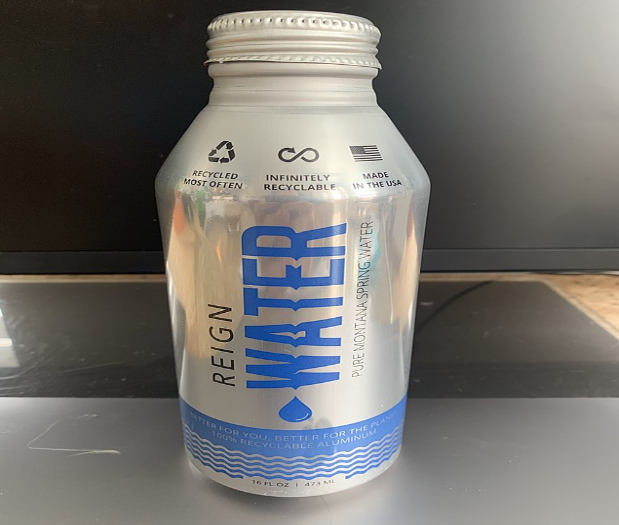West Virginia is now the country’s most addicted state–it is flooded with over 780 million hydrocodone and oxycodone pills with 1,728 fatal overdoses in the last six years alone. More than half of those pain pills supplied in the state came from the three biggest wholesalers in the country Mckesson Corp., Cardinal health, and AmerisourceBergen Drug Co. During the six years these companies pumped in the drugs, overdoses rose 67% while those three companies made billions, Mckesson’s becoming fifth on the Forbes list. An investigation into these companies has revealed systematic incentivizing of controlled substance sales, leading to many daring prescriptions by doctors.
West Virginia isn’t the only state affected by this scandal, this disgrace has grown into a national epidemic–91 people die a day from an opioid overdose in the US, 5,444 heroin related deaths in 2014 has jumped to 12,989 in 2015, and 3 in 4 heroin users have reported prescription painkiller abuse prior to using heroin. Delaware is no exception–in our state, there are 82.2-95 opioid prescriptions for every 100 people. Heroin deaths have quadrupled in the last decade, and the federal government has consistently given us almost 24.2 million dollars a year to help combat the problem while, 12.3% of our state budget is strictly drug prevention and abuse control. Three measly cents of every dollar of that state tax money is used on prevention/treatment, while 97 cents of every dollar is spent on the consequences of addiction. So, the 12.3% of the state budget that is mobilized for this problem is simply used to cover obligatory costs of drug abuse: this reflects the massive urgency of this problem.
Our state has a lot to pay for, and thanks to a growing epidemic, more and more of its budget goes to paying its consequences rather than preventing or treating them. This is a dangerous trend because state action in a systematic addiction industry is the only action that will be able to bring it to an end. While the companies fueling this vicious cycle rocket to the top of the forbes list, I worry that Delaware and many other states will fail to act swiftly enough before too much of the state budget is tied up and too much of the legislature are friends with drug tycoons. Massive pharmaceutical corporations have proved themselves near invincible in the realm of regulation; they’ve set crippling prices for critical drugs and treatments for decades now, while sharing enough of the reward with the fed to keep it that way.
This situation however has now begun to eat away at the state budget. One only must look at the example of the philippines to see the end result. The influence of illicit drug suppliers in government and the erosion of the state budget, thanks to the problem, lead to the election of Duterte, a man who has felt compelled to take indiscriminate military action against such suppliers and any associated, even users. This has lead to hundreds of thousands of tragic deaths of innocents and violence that could have been prevented with proactive spending and action by the state.
The exponential growth of this epidemic is unprecedented, and the public administration at the federal level, in Delaware and in other states, appear to overlook the dire consequences of such a phenomenon on their populations. The state must assume its responsibility to dissolve harmful companies to the health of society. If Mckesson’s or Cardinal Health were exporting heroin, they would’ve already been seized or punished. Big pharmaceutical companies cannot be allowed to take the place of drug cartels by institutionalizing pain killer addiction. This sudden heroin epidemic is not random, these wholesalers are the very root of the problem, and it must be stopped.









